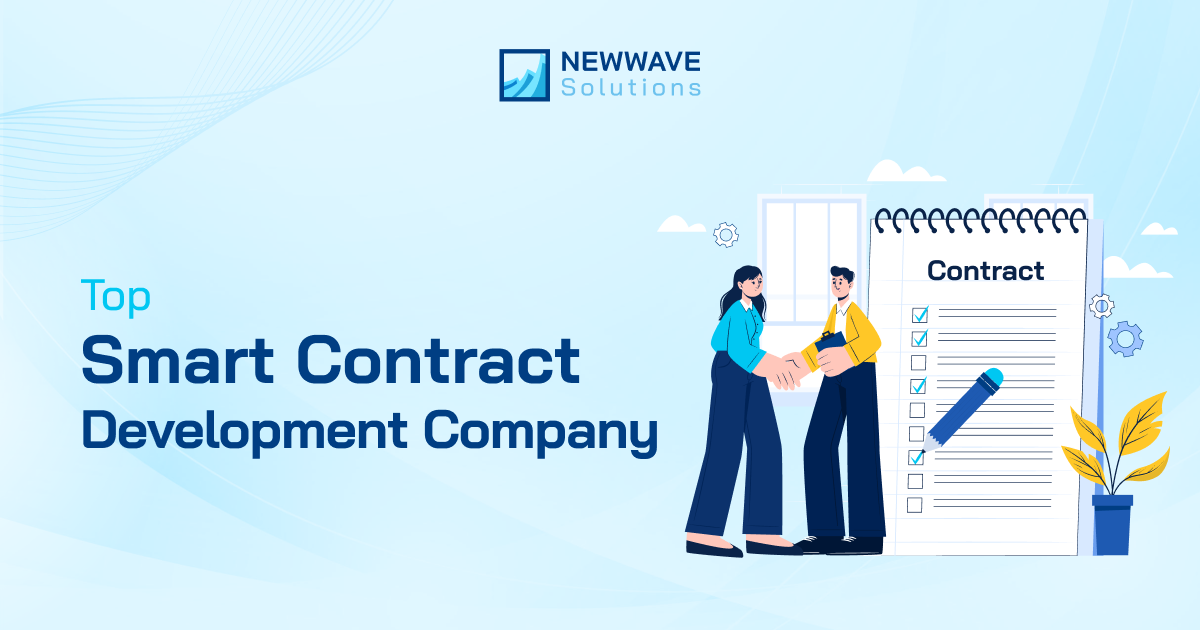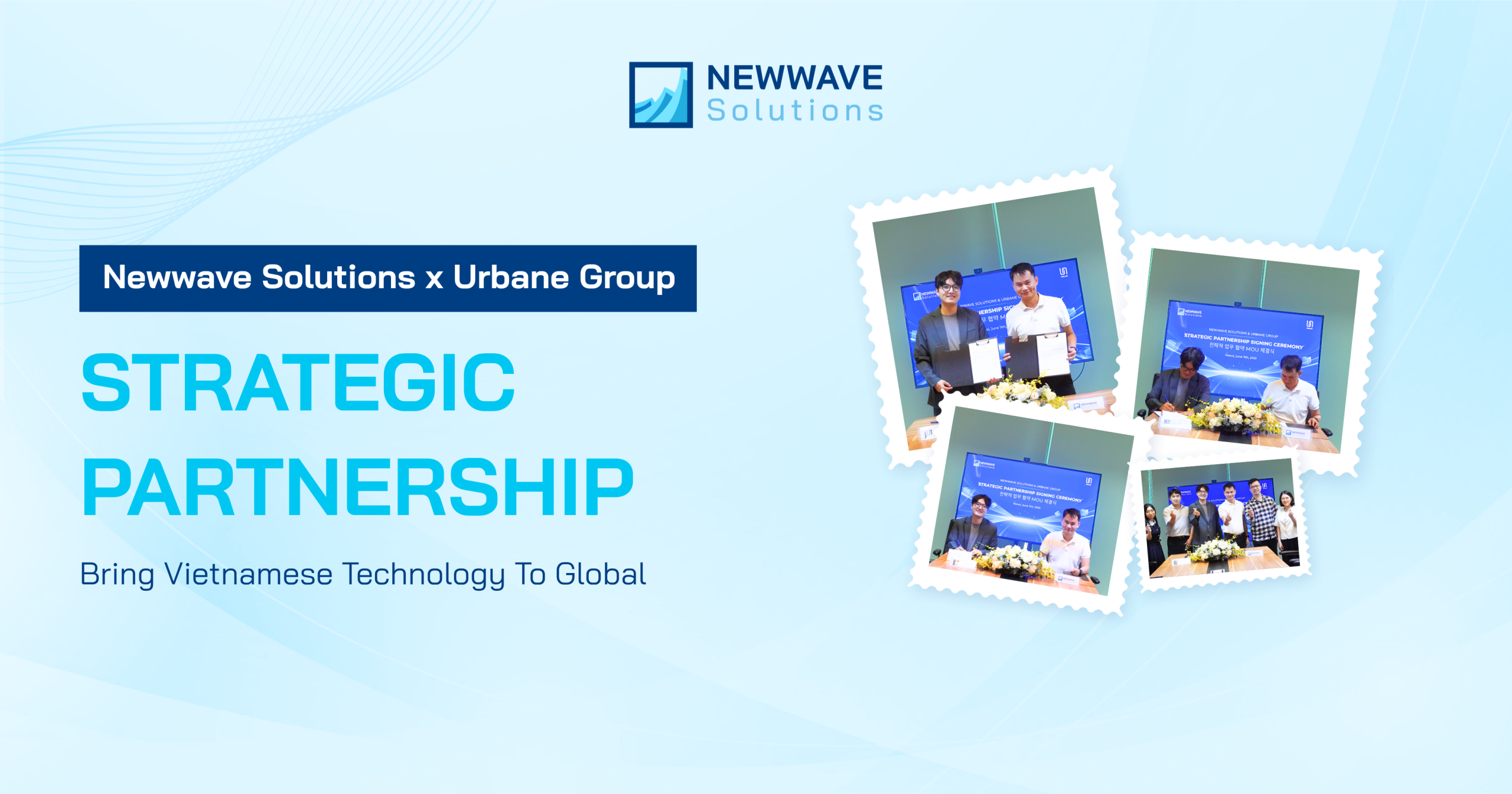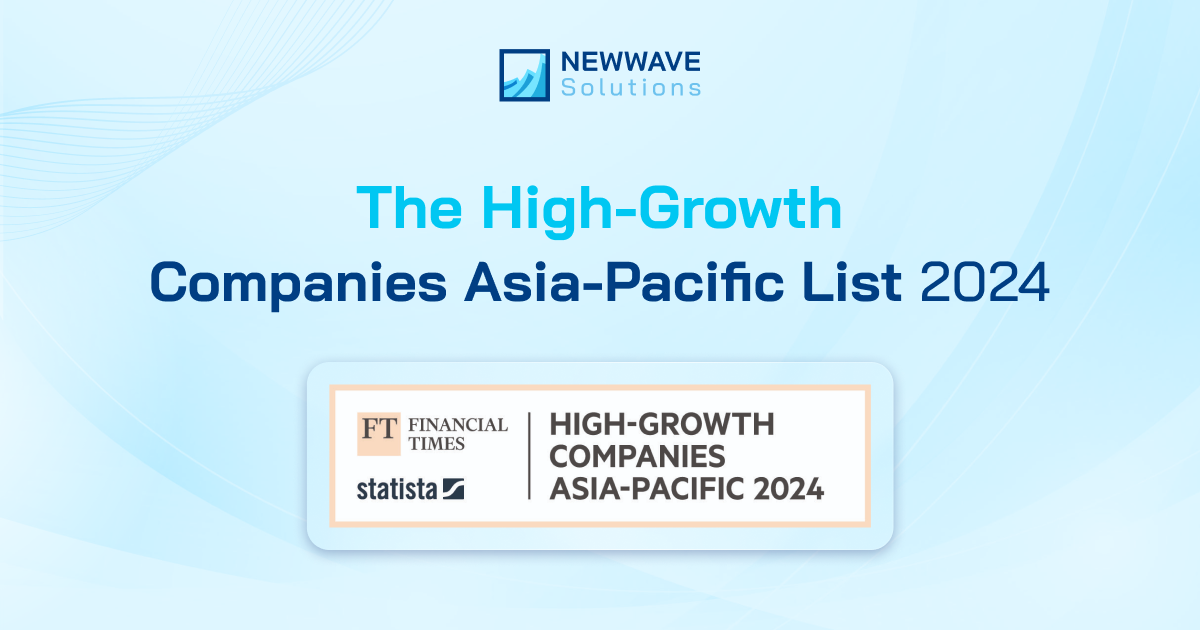

Blockchain Applications: What is Blockchain Used For?
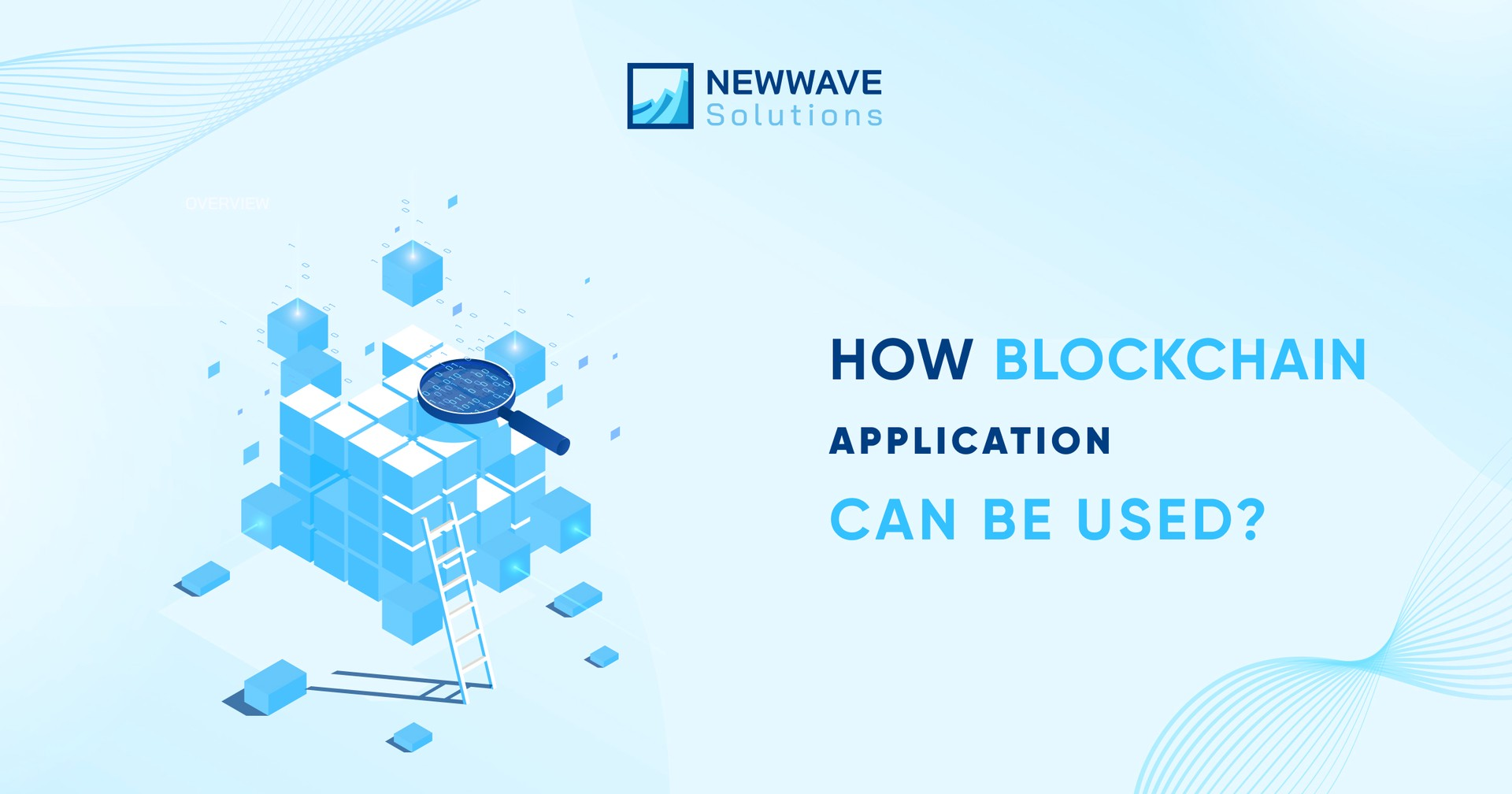
Blockchain is a shared and immutable ledger that facilitates the process of recording transactions & tracking assets. In simple words, blockchain is the name of the record. As any transaction is registered and checked publicly, blockchain applications provide a good deal of accountability. When entered, no one can modify any information written in it. In blockchain, data is maintained on networks instead of a normal central database, improving stability and showing its proneness to be hacked. In this article, we are going to explore Blockchain applications in various sectors, from common areas like gaming to new ones such as baking.
Table Of Contents
Toggle1. Banking
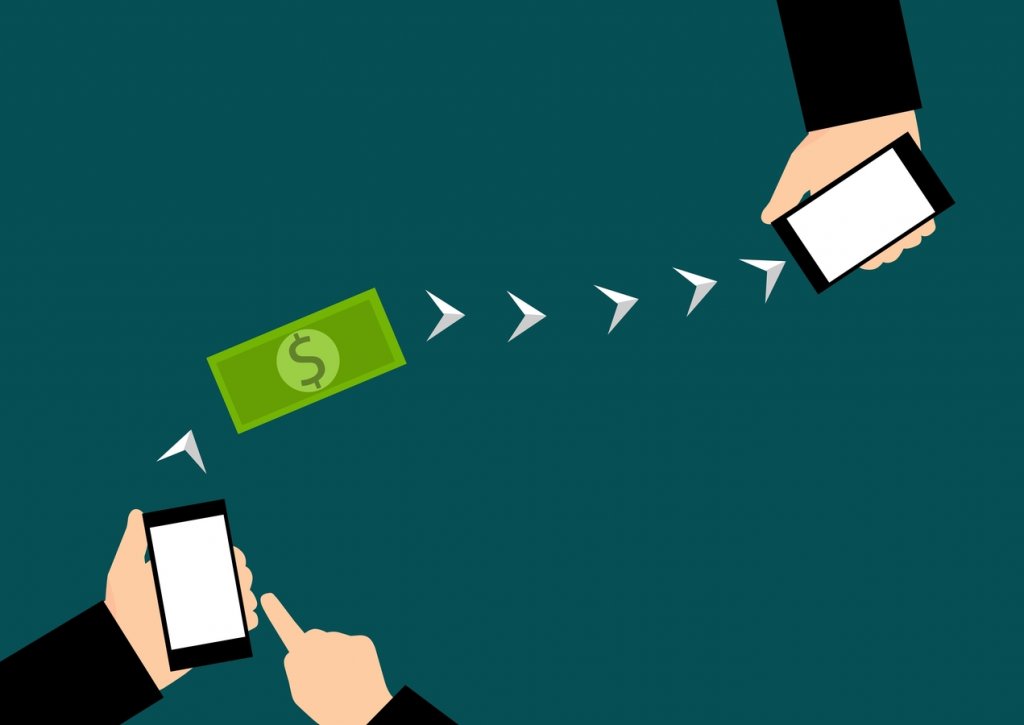
In banking, Blockchain application offers great potential to overhaul the way today’s banking industry works and make it more transparent, efficient, secure, and cost-effective. Blockchain can also help to eliminate fraud as it creates a clear audit trail. This technology also has multiple redundancies, therefore, it is almost impossible to alter any information once it has been uploaded to this network.
On top of that, human errors in accounting like record-keeping and reconciliation are one of the main causes of fraud. But, you don’t have to worry about this anymore since Blockchain technology has an automated method of recording transactions that cannot be changed. By using this, many manual processes will be phased out, reducing human errors, improving efficiency, and mitigating the impact of cyber threats.
Last but not least, lending is an integral part of banking. It is essential for both corporates and retailers to maintain their liquidity or the ability to pay for their cash requirements. With blockchain applications, the payment process will gradually become easier as there will be an instant settlement of transactions. This can help in avoiding problems such as double spending and defaulting.
2. Crypto
As mentioned, a blockchain is a distributed database or ledger that is shared among the nodes of a computer network. So, it can store information electronically in digital format. This makes blockchains best known for their role in cryptocurrency systems. Also, blockchain applications in Crypto will come in handy when it comes to maintaining a secure and decentralized record of transactions. All of this guarantees fidelity and security data while also developing a high level of trustworthiness without the need for a third party.
3. Healthcare
Thanks to the open and highly secure ability, blockchain can be applied to the medical industry in a variety of ways. From reducing costs to creating new ways for patients to access healthcare, this technology is a life savior for the medical industry which has suffered greatly from the inability to securely share and access sensitive patient data.
Blockchain technology will facilitate customizable openness while upholding only the best security standards for true interoperability. This will allow health information systems to work together within and across organizational boundaries in order to advance the effective delivery of healthcare for everyone.
We all know how complex contract negotiations can get when it comes to healthcare. Not just in the discussion but in how time-consuming and cumbersome they can be. By creating a new system that simplifies this process, this blockchain application will allow users to take part in innovative contracting arrangements that are efficient and totally secure.
4. Education
Education is another great example of blockchain applications in new sectors. The uses of blockchain in education are still in their infancy with only a handful of institutions adopting the technology. However, its potential is totally worth our attention and investing in. In terms of record-keeping, verifying academic credentials can be time-consuming with lots of paper documentation and case-by-case checking.
Blockchain can eliminate much of the overhead associated with this process and streamline verification procedures, saving educators and administrators time when it comes to things like transfers between schools or states. Using blockchain applications, an institution accepting a transfer student could verify their record and the courses they took with a few simple clicks. The same concept applies to record sharing with school employers.
Besides, blockchain gives students ownership of their records, allowing them to control their academic identity. Also, using blockchain for digital diplomas makes the hiring process easier for employers too. Besides that, instead of asking the issuing institution to certify a paper copy of a potential hire’s diploma, employers only need a link to a digital version. Because of the added security that comes with storing records on a blockchain, it is harder for applicants to falsify their academic credentials, assuring employers who are just hired have the necessary knowledge and skills to succeed in the workplace.
5. Smart Contracts

In the information age, blockchain application in smart contracts appears to be the new king in any business transaction. Smart contracts are simply a program stored in a blockchain. Best of all, smart contracts are self-executing with the terms of the agreement between buyer and seller being directly written into lines of code. Also, they allow trusted transactions and agreements to be carried out among disparate or anonymous parties without the permission of a central authority, legal system, or external enforcement mechanism.
6. Logistics
An electronic CMR is a digital document issued by a shipping party to the logistics service provider in charge of executing an international transport. The business party receiving the asset signs the CMR as evidence the delivery has been completed. Drivers can easily carry the documents on their onboard computer system, a separate tablet, or smartphone.
The most important difference between the paper-based and electronic versions is the signing process. Business parties sign the e-CMR with a PIN or QR code, while CMR is signed by hand. Data security is improved and accountability is fully transparent with the e-CMR.
Besides, adopting blockchain technology could help manufacturers keep updated with their products simultaneously. This blockchain application ensures the tracking, traceability, and safety of the products are at an optimum level. Hence, the manufacturers are now able to guarantee the quality of their products, which also saves them money and keeps them accountable.
7. Supply Chain
Nowadays supply chains are global networks that include manufacturers, suppliers, logistics companies, and retailers that work together to deliver products to consumers worldwide. As modern supply chains continue to expand, they also are becoming more complex and disparate. Typically, traditional supply chains use paper-based and disjointed data systems that lead to information silos and make tracking products a time-consuming task. Lack of traceability and transparency is an industry-wide challenge that leads to delays, errors, and increased costs.
With the new blockchain application, supply chain companies can document production updates to a single shared ledger, which provides complete data visibility and a single source of truth. Because transactions are always time-stamped and up to date, companies can query a product’s status and location at any point in time. This helps to combat issues like counterfeit goods, compliance violations, delays, and waste.
Moreover, by combining blockchain with smart technology like the Internet of Things, supply chains can automate tracking the conditions of production, transportation, and quality control. Companies can also choose to share track and trace data with their customers as a way to verify product authenticity and ethical supply chain practices.
8. Games
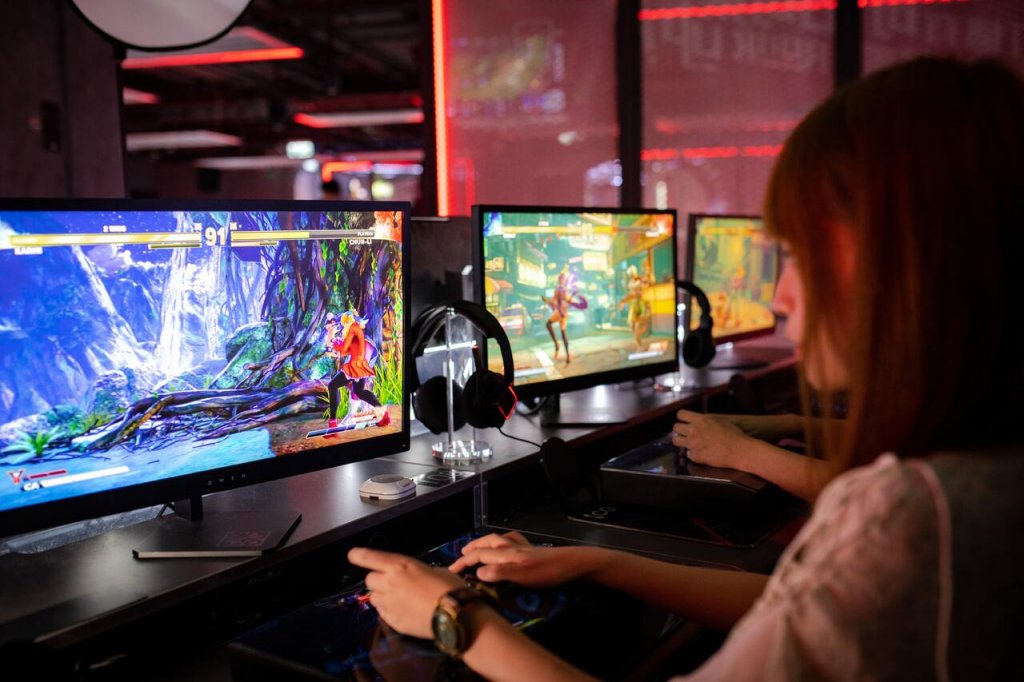
Blockchain gaming is becoming the latest and most popular craze within the crypto space. The number of GameFi participants is rising rapidly as it revolutionizes the gaming world, offering players a whole host of new opportunities, including more control over their gaming and the ability to earn money through playing.
Indeed, Blockchain and NFT gaming are attractive for users as it offers a range of new opportunities that traditional gaming does not. Revolutionary new concepts such as “play-to-earn” games and giving more control to the players have made it attractive to crypto enthusiasts and gamers alike. This means that, unlike traditional gaming, the assets players have bought or earned through the game cannot be removed or taken away by anyone else. With blockchain applications in gaming, once a person owns an asset, it can’t be taken from them. Essentially, players can pay to own a piece of historic game memorabilia.
Once someone has an asset in the form of an NFT, it remains theirs and can be stored in a digital wallet or potentially used in other games, sold, or traded. This means that the NFT assets can exist beyond the lifespan of a game and retain their value as long as there is still a demand.
9. Voting
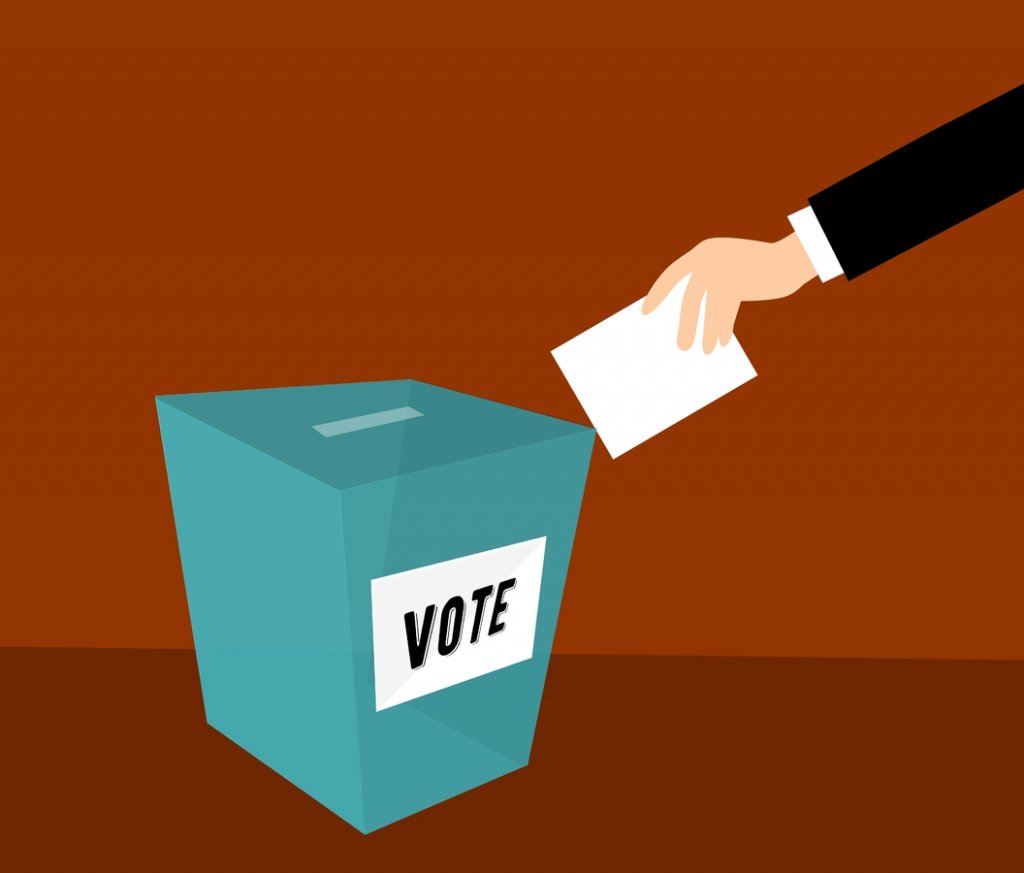
Hundreds of years ago, voting used to be very simple because the governments were not departmentalized and everything used to be centrally controlled by a few prominent faces. However, in most cases, voting systems, particularly the terminals, are expected to comply with a hefty set of regulatory statements and it makes a very clumsy process. You probably remember the ongoing-drama United States presidential election in 2020, when it was claimed to be systematic voter fraud.
This wouldn’t have happened with blockchain applications because they can provide a distributed ledger, decentralized, and resilient database that is immutable, auditable, and requires no centralized authority. Furthermore, it is nearly impossible to hack blockchain because transactions can only be succeeded after a 51% consensus from the network. Therefore, the Voting System based on Blockchain can be used more efficiently as it can solve the topical issues of E-Voting Systems.
Final Thoughts
Blockchain application is becoming more accessible and popular in more and more areas of business nowadays. Companies that can make the most out of this trending technology in smart contracts not only avoid costly data breaches but also make it easy to exchange value and data without middlemen.
However, it isn’t easy to answer the questions about how urgent it is to adopt blockchain or whether is it really helpful for your business or how costly it is to implement. To save you the trouble, Newwave Solutions offers cost-effective Blockchain development with free consultations for your projects from our leading IT experts.
All you need is to decide to develop a public, private, or hybrid blockchain. Then, we will help you come up with your own custom blockchain from scratch, customize an existing app, or simply develop a new one.
Contact us now to start your business’ Blockchain development with Newwave Solutions!
Read more: Blockchain Cost To Build A Blockchain-Based Platform 2022
To Quang Duy is the CEO of Newwave Solutions, a leading Vietnamese software company. He is recognized as a standout technology consultant. Connect with him on LinkedIn and Twitter.
Popular News
Related News
-
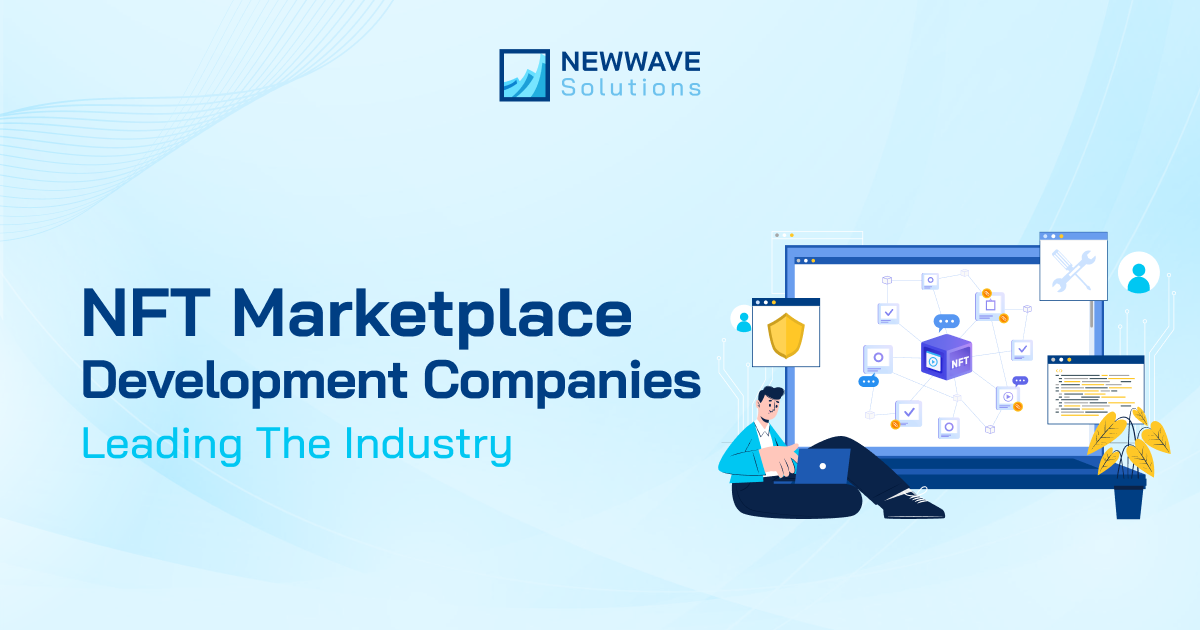 Top 5 NFT Marketplace Development Company in 2024August 28, 2024 View more
Top 5 NFT Marketplace Development Company in 2024August 28, 2024 View more -
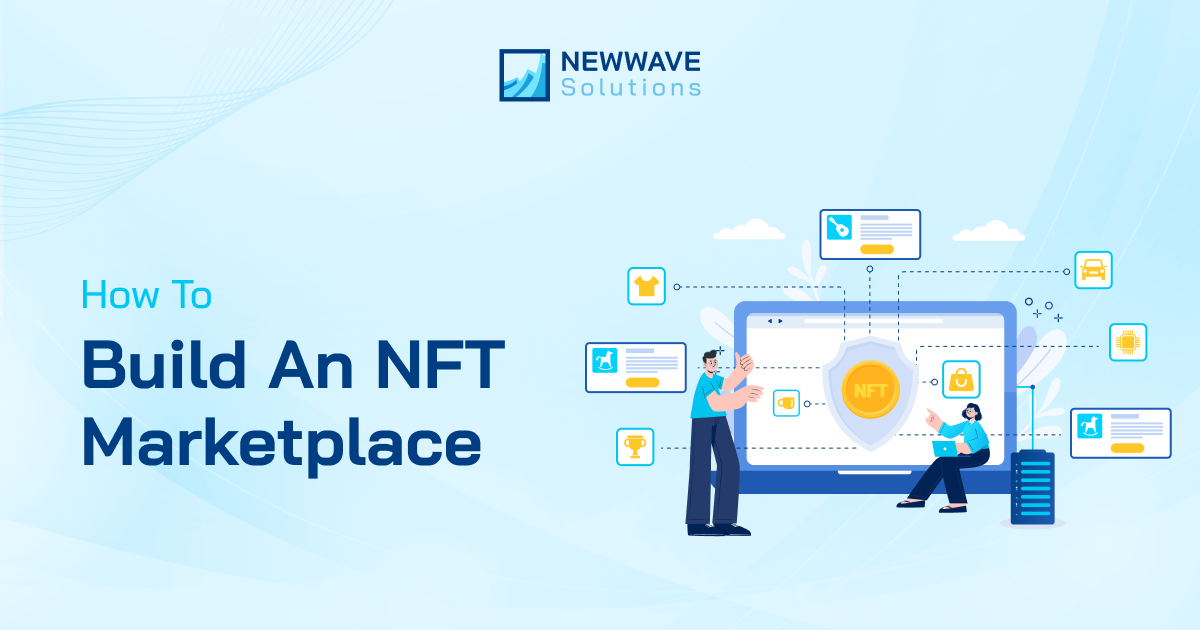 The Beginner’s Guide To Build NFT Marketplace DevelopmentAugust 28, 2024 View more
The Beginner’s Guide To Build NFT Marketplace DevelopmentAugust 28, 2024 View more -
